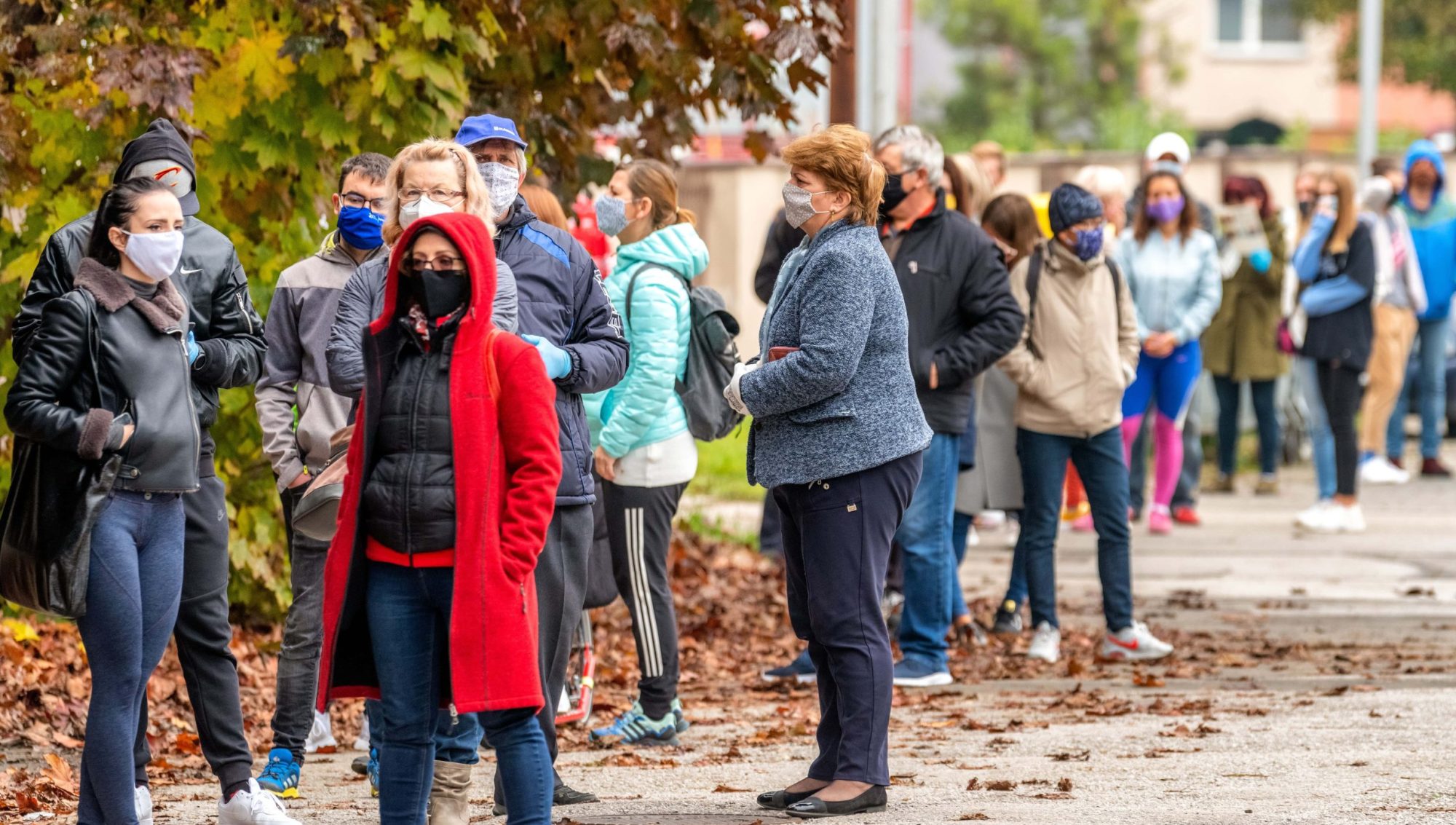Issues of social inequality have received increased attention in recent years. Wealth and income are unequally distributed both between and within nation states. These inequalities have generally become more pronounced over time. The last few years have been turbulent – Covid-19 crisis, war in Europe, energy shortages, bank collapses. In 2022, the world saw the biggest increase in global poverty and inequality since the Second World War. The Covid-19 pandemic played a key role in this worsening inequality worldwide. Although Switzerland is one of the richest countries in the world, it is not immune to social problems such as inequality and poverty, nor is it immune to crises, as the Covid-19 crisis showed with a sharp increase in the number of infections. Vulnerable groups were particularly affected. They had a higher risk of falling ill and were employed in occupations that were more affected by containment measures. Consequently, the economic impact was unevenly distributed across the population, with the poorest groups suffering the most. But how exactly was poverty affected by the Covid-19 pandemic? Has the social security system been able to counteract the negative effects? What are the long-term effects of measures taken such as short-time work? Who protected the people who fell through the social security net, such as the sans-papiers? All these unanswered questions and more are at the heart of the inequalities team’s current project on poverty in the Covid-19 era. This project builds on and extends the methodology and content of the two previous projects.
This website provides information on three SNSF-funded research projects and related projects that aim to shed light on contemporary developments in poverty and inequality in Switzerland using tax data. The projects are a collaboration between the Department of Social Work, Bern University of Applied Sciences, the Institute of Sociology, University of Bern, and the Hautes écoles de travail social, HES-SO Geneva.
